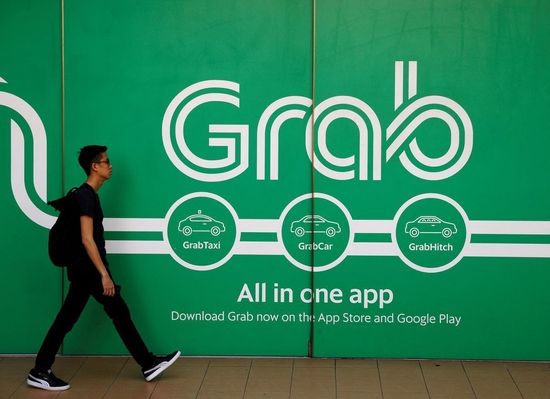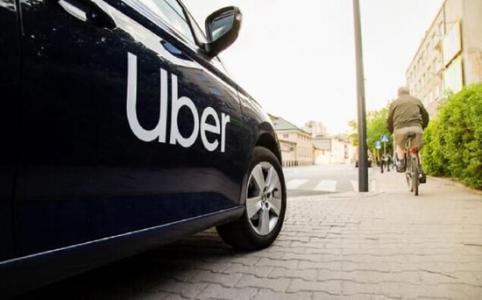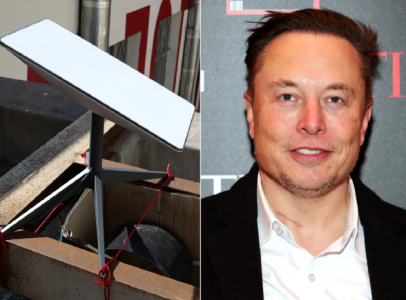your current location is:Home > Finance > NewsletterHomeNewsletter
Southeast Asian car-hailing giant Grab says there is no large-scale layoff plan: the recruitment threshold has been raised

Southeast Asian online car-hailing and express service giant Grab is not planning to make large-scale layoffs like some other competitors, but will selectively recruit, while controlling Its ambitions to enter the financial services market.
The company's chief operating officer, Alex Hungate, said Grab had been "very cautious and sensible about hiring" earlier this year amid fears of a global recession, and as a result, it didn't come to a hiring freeze. Or the "desperate" point of mass layoffs.
"We did some specific restructuring around the middle of the year, but I know some other companies have been doing massive layoffs and we don't think we're going to get there," said Hungate, 56. The Hungate was interviewed for the first time since joining the Singapore-based business in January this year.
He revealed that companies are hiring for roles in data science, graphing technology and other specialized fields, yet each hire is a much bigger decision now than it used to be. "We need to do cost-saving work. The bar for hiring has definitely been raised," he said.
Ten-year-old Grab is a household name in Southeast Asia, with about 8,800 employees at the end of 2021. Like its rivals, the company has benefited from a boom in food delivery services during the pandemic, while ride-hailing has suffered.
Food delivery demand is waning as the economy gradually opens up, and ride-hailing services have yet to fully recover. Valuations of tech companies have also fallen sharply recently, and inflation, slowing growth and rising interest rates are all risks the company has to face.
Southeast Asia's largest e-commerce company, Shopee, has cut jobs in multiple countries and shuttered some overseas operations in recent weeks after its parent company Sea reported wider losses and scrapped its annual e-commerce forecast.
Hungate, a financial services, logistics and food industry veteran with extensive experience in those fields, has spearheaded the elimination of the company's less profitable lines of business as Grab struggled to become profitable.
The company's second-quarter loss narrowed to $572 million from $801 million a year earlier. But last month, the company lowered its gross merchandise volume forecast for this year, citing the move as a strengthening dollar and weaker demand for food delivery.
Last month, Grab said it was closing dozens of so-called Dark Stores, distribution centers for groceries, and slowing the rollout of its “cloud kitchen” centralized delivery facility.
"Financial services is another area where we would like to tighten our strategic intent, where our payments, wallets and non-bank financial lending have grown considerably off- and on-platform," Hungate said.
The company also restructured its financial technology unit this year to focus on more profitable areas, following reports of the departure of some senior executives.
"Higher profit margins"
Grab is now primarily focused on selling lending products and insurance on its platform to merchants and drivers who often repay from their revenue streams on the platform. "As we make this shift, the business mix will evolve towards higher margins," Hungate said.
Grab operates in 480 cities in 8 countries, with more than 5 million registered drivers and more than 2 million merchants on its platform.
The company gained global attention in 2018 when it acquired Uber's Southeast Asia business after a five-year battle over high costs.
Grab is betting on growth in financial services with partner Singtel, which offers banking and other products in key markets. The company went public on Nasdaq in December after completing a record $40 billion merger with a shell company.
Hungate said the time was "a good time" for companies to take another look at their cost of use due to increased financial scrutiny and a need to respond to shareholders. “Maybe we were lucky, and in a sense, the timing of our listing came at the right time,” he said. Grab’s $7.7 billion in cash liquidity means the company is one of the most well-capitalized industry players in Southeast Asia. one. Shares of Grab are down about 60 percent this year, giving it a market value of $10.6 billion.
It was reported last month that Grab's Indonesian rival, GoTo, was seeking to raise about $1 billion by issuing convertible bonds.
Hungate said Grab will reveal details of its progress towards profitability and other metrics at its first investor day on Tuesday.
related articles
Article Comments (0)
- This article has not received comments yet, hurry up and grab the first frame~













